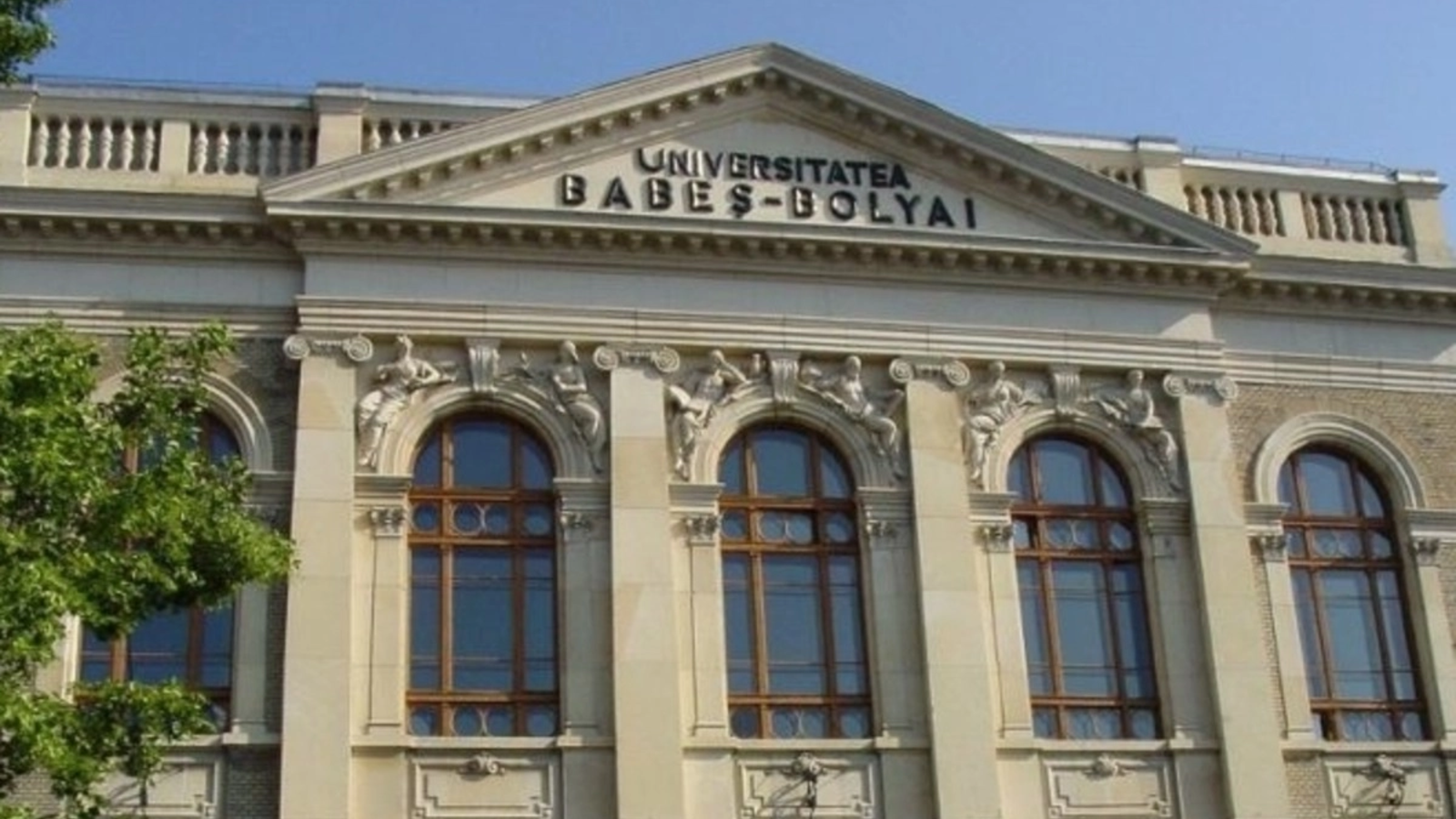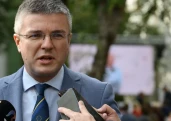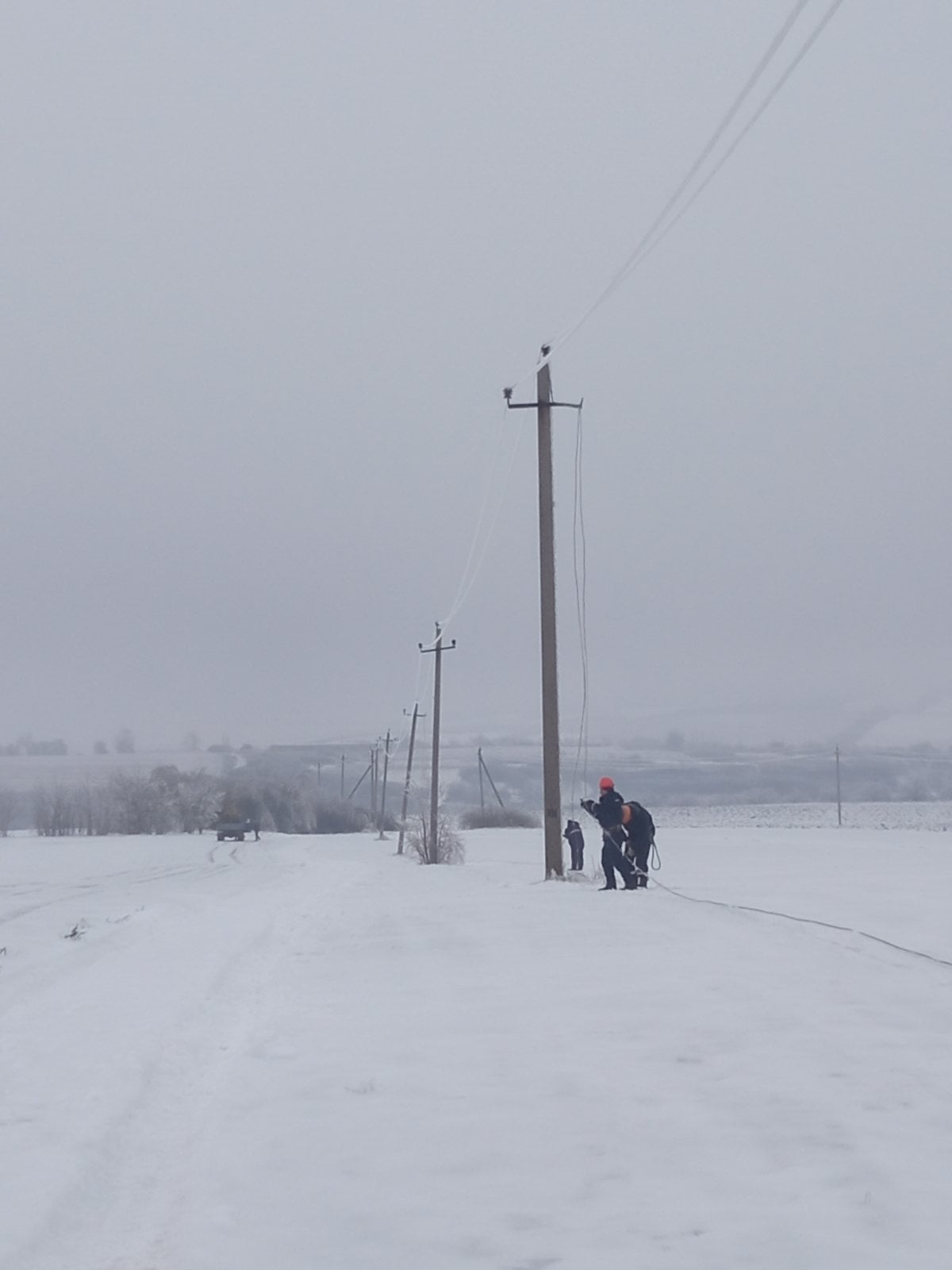Access to care should not depend on luck or the financial means of the beneficiary, but must become a social right, declared Ionut Foldes, university lecturer at the Faculty of Sociology and Social Assistance of the Babes-Bolyai University (UBB) in Cluj in his address on Tuesday at the National Congress on Active Aging.
Foldes, who also serves as vice-president of the Romanian Society of Sociologists, presented the findings of the study "Is Care Only for the Well-Off? A Reading of Social Inequalities in Romania", conducted in collaboration with researcher Mihaela Haragus of the Babes-Bolyai University.
"The first thing I want to emphasize today is that aging should not be seen as a problem," said Foldes. "Aging is a social reality - a natural part of life that brings both challenges and opportunities. I want to be honest: those of us living in Bucharest, Cluj, or a few other cities are privileged, regardless of age. We have access to services, infrastructure, private providers, and civic initiatives. But this privilege is not equally distributed across Romania - and that's precisely where the major disparities emerge. That is what I want to address today, and that is the focus of our study."
According to the sociologist, the study reveals a clear correlation between financial resources and access to care: where there is money, services follow - both public and private. In contrast, counties in southern and western Romania are marked by a notably underdeveloped network of care centers.
He further emphasized that the highest concentration of care centers and available beds is found in regions with a high proportion of highly qualified jobs, where healthcare infrastructure is generally more advanced. Paradoxically, these areas also tend to have a larger working-age population, challenging the assumption that care services are primarily concentrated where the elderly population is densest.
"By contrast, we see fewer care services in areas with a higher proportion of elderly people. What does this tell us? That care tends to follow resources - not the actual needs of seniors. Private facilities serve those who can afford them, but the real issue lies with those who need care yet lack the means. These individuals are often invisible," said Ionut Foldes.
"A separate analysis, based on data from the Romanian Institute for Evaluation and Strategy, highlights the profiles of those most at risk of being left without care: people living alone, in rural areas, with limited social networks, financial hardship, relatives abroad, and - most critically - poor health. These are the voices we rarely hear. For them, the concept of active aging remains distant," he went on to say.
According to Eurostat data, Romania allocates one of the lowest shares of its GDP to long-term care services compared to other European countries.
"We have too few beds in specialized facilities and access remains deeply unequal," Foldes underscored. "We must begin to understand that care is a right, not a privilege. The real question isn't just what solutions exist, but where to find them - and they do exist. We need to invest in public services and professional training, support families who provide care, foster partnerships between the public, private, and civic sectors, and learn from communities already doing good work."
"If there's one message I want to leave today," he added, "it's that care should not depend on luck, location, or financial means - it must become a social right. This won't happen overnight, but it can begin here, through dialogue among policymakers, practitioners, and those living these realities."
For two days, over 100 reputed experts from Romania and abroad - including representatives of government, the private sector, academia, international organizations, and civil society - attended the third edition of the National Congress for Active Aging at the Palace of Parliament. The event, which began on Monday, focused on debating the challenges and solutions related to active aging. The National News Agency AGERPRES was one of the media partners.
Romania is undergoing one of the fastest aging processes in the EU, with projections showing that by 2060, six in ten citizens could be over 65 if birth rates remain low. Despite this trend and high rates of deprivation among seniors, the country still lacks a dedicated budget to support their quality of life, even though an active aging strategy exists.
































Comentează